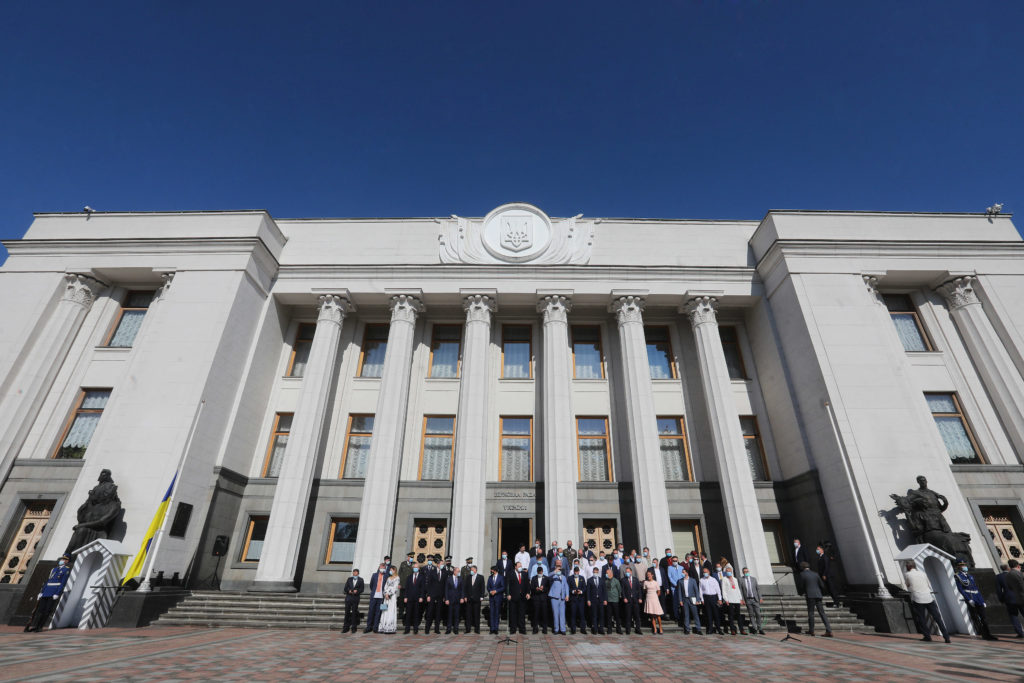Ukraine’s parliament approved a resumption of privatisation of large state-owned companies suspended a year ago over the COVID pandemic and officials said they hoped selloffs could raise as much as 12 billion hryvnias ($430 million).
“Large-scale privatisations do not mean merely funds designated as coming into the budget – 12 billion hryvnias this year. It means a new life for new assets. It means investments. It means jobs,” Dmytro Sennichenko, head of the State Property Fund overseeing privatisations, told Espreso TV.
“The main thing is not just the sum accruing from privatisation, but investment in these sites in the years to come, creating added value in Ukraine.”
The first selloffs are expected to include the First Kyiv Machine Building Plant (known popularly as “Bolshevik”and founded in 1882), the President Hotel in Kyiv, the Odesa Portside Plant fertiliser producer and the United Mining and Chemical Company.
Sennichenko said the aim was to create fully transparent and competitive sell-offs and eliminate any notion of the privatisations plagued by corruption in the immediate aftermath of the end of Soviet rule.
Commentators injected a note of skepticism into the process, saying part of the problem lay with Ukraine’s failure to uphold and guarantee property rights.
“According to the Economy Ministry, the share of state enterprises in the economy is 10 percent – 90 percent is non-state property. If we privatise the remaining 10 percent and hope that investment will flow in, the logical question is: Why is it not flowing in for the 90 percent of non-state enterprises?” Viktor Skarshevsky, an analyst with the Growford Institute think tank and vice-president of the Ukrainian Union of Industrialists told the website comments.ua.
“The critical issue is not the form of property but upholding property rights for both state and private property. As long as we don’t have that there will be no serious investment.”

